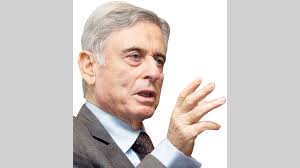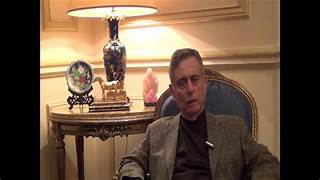Former Syrian Vice President Abdel Halim Khaddam emphasized that the situation in Syria after Bashar Al-Assad assumed power had become intolerable. He mentioned that initially, he had concerns about the consequences of his resignation, but those concerns were dispelled when Assad requested his mediation with former French President Jacques Chirac. Khaddam expressed deep regret for his political career under the late Syrian President Hafez Al-Assad. He stressed that his agreement with Hafez Al-Assad in previous years was based on the vision of building a democratic Syria that respects freedoms and justice. However, the situation changed, and favoritism and corruption prevailed.
In an interview with the Saudi newspaper “Kadaz,” Khaddam stated that Syrian President Bashar Al-Assad was responsible for the assassination of the late Lebanese Prime Minister Rafik Hariri. He asserted that no security agency could take such an action without seeking Assad’s approval. According to Khaddam, no one other than Assad had an interest in killing Hariri. He recounted a meeting that took place a week before Hariri’s death, where Assad accused Hariri of conspiring against Syria, along with Chirac and the Americans, labeling him as their arch-enemy. The leadership members were taken aback by Assad’s statement and questioned its timing and purpose, but he remained silent.
Khaddam revealed that he tried to warn Hariri about Assad’s thinking process. He sent him a message advising him to leave Lebanon, as he knew the potential dangers. Shortly after, MP Marwan Hamadeh survived an assassination attempt. Khaddam visited him in the hospital and had lunch with Hariri at his house, where he again urged him to leave Lebanon for his safety. However, Hariri believed assurances from Maher Al-Assad, who claimed they considered him a friend. Khaddam warned him that they were trying to create a false sense of security, but Hariri disregarded his advice. Tragically, Hariri was assassinated three days later.
Khaddam believed that Hafez Al-Assad possessed a thoughtful and calculated mind, making well-informed decisions without slipping up. In contrast, he perceived Bashar Al-Assad as prone to hasty actions without considering the consequences, highlighting a significant difference between father and son.


